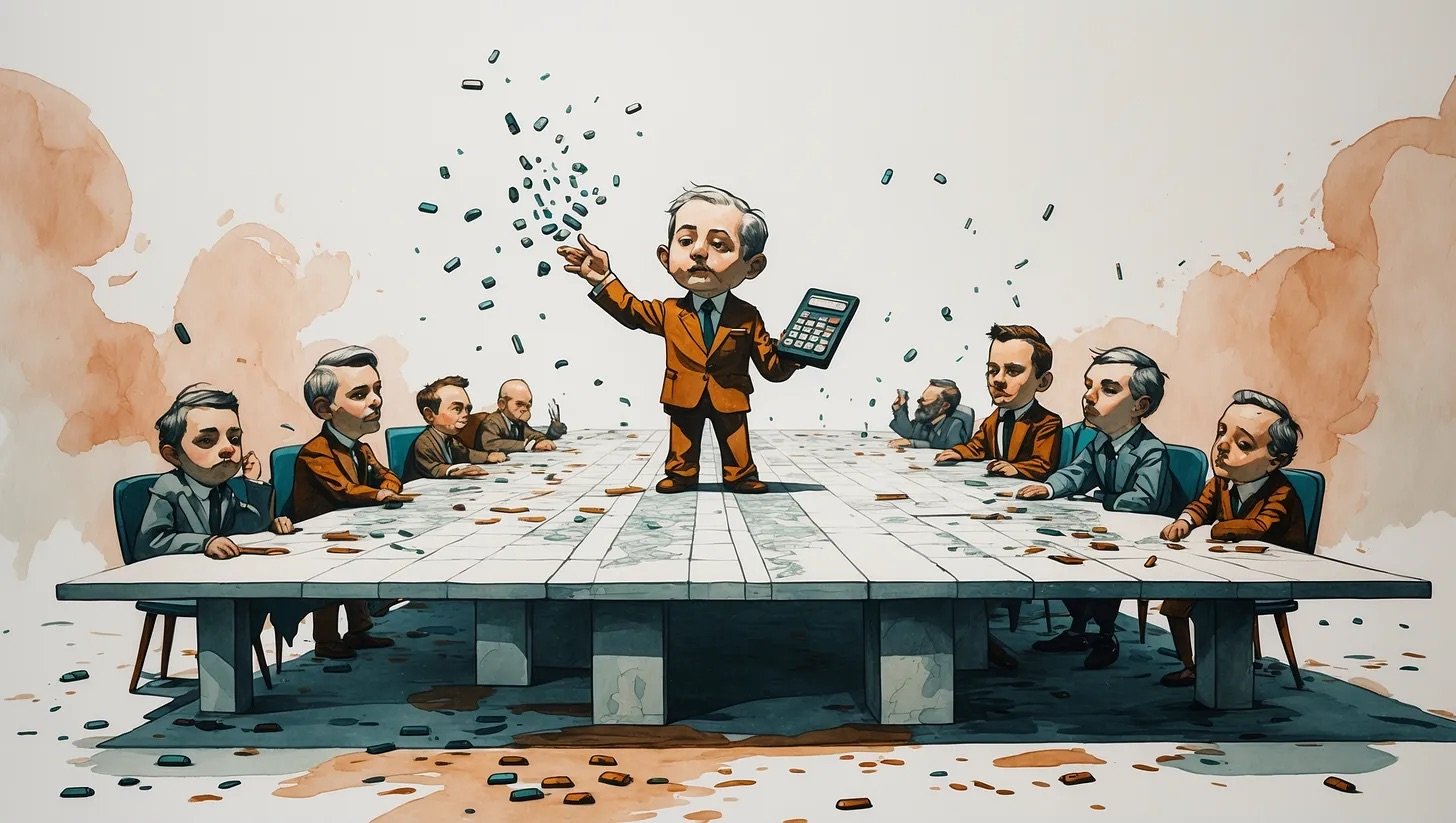The Rooster In Flight - A Substack Article
What Trembles Beneath the Strongman’s Certainty
By: Wynand Johannes de Kock
April 1, 2025
The rise of strongman leaders is typically explained through psychological frameworks or political analysis—we examine personality traits that drive their hunger for power, or we study the institutional vulnerabilities they exploit. These explanations are valuable but incomplete. Perhaps there's another dimension worth exploring: the theological architecture of authoritarianism. What if these figures aren't merely political opportunists but manifestations of something deeper in our collective spiritual condition? After all, these men, and they are often men, don't simply seize power in otherwise healthy systems; rather, they crystallise tendencies already present—making visible what was previously hidden within our institutions and ourselves.
What holds us transfixed before these men isn't merely their authority but how perfectly they perform our own hidden longings. They are not aberrations but amplifications, not anomalies but archetypes. I watch them on screens that grow ever smaller while their shadows somehow lengthen. Bolsonaro standing defiant in the Amazon's ashes. Erdoğan claiming Istanbul like a lover who refuses to accept rejection. Netanyahu, presiding over a relentless expansion of illegal West Bank settlements, redraws borders with bulldozers and outposts. Trump towering over Capitol crowds, his outstretched arms conducting an orchestra of grievance. Xi gazing over Tiananmen with the patient certainty of a man who has outlasted time itself. Their faces blur together in my mind—not because they are the same, but because they draw from the same ancient well
In moment of clarity, I wonder: what wounded child still lives within the strongman who cannot bear to lose an election? What force lives in me that might do the same, if I had the chance?
What primal terror haunts the man who changes constitutions rather than relinquish power? Looking beyond the façade—beyond the propaganda and bombast—we see the source of concupiscence itself: not merely a wound but a willful rejection, a fundamental refusal to acknowledge any authority beyond the self. Here stands the man of unfaith, who has appointed himself god of his own diminished universe.
Auguat brilliant and tormented African theologian, saw our predicament with devastating clarity. He named what these strongmen exploit: our incurvatus in se—the soul curved inward upon itself. This isn't mere selfishness but something more profound—a gravitational collapse of the spirit, where our deepest anxiety, our fear of annihilation, becomes the centre around which everything else orbits…
Interested in completing the article? Follow Wynand on Substack